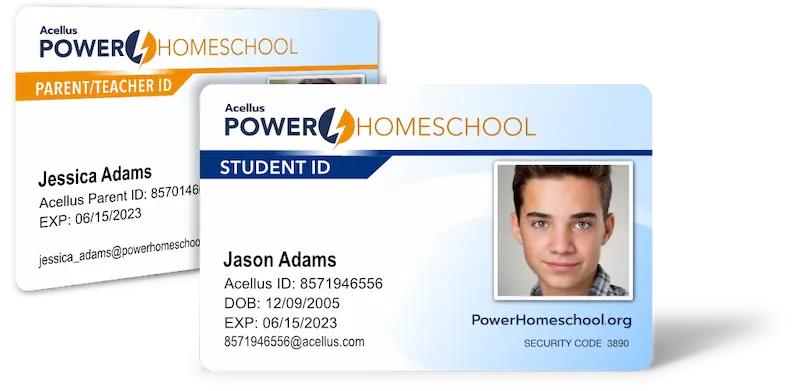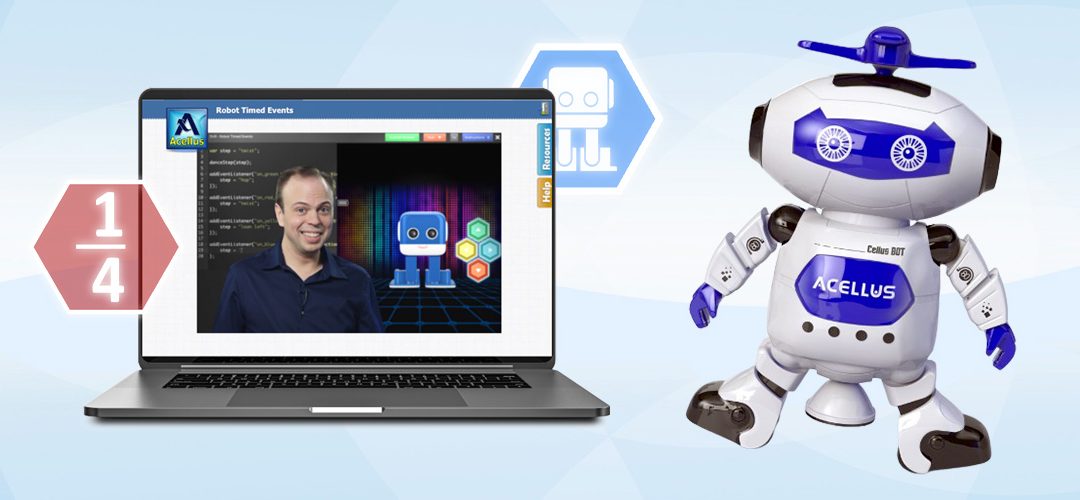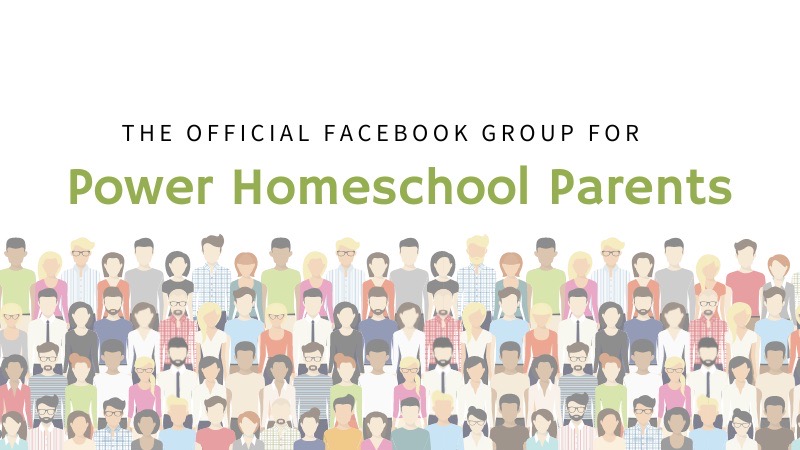
Homeschooling in Ohio
Here are some useful resources that may be helpful as you are getting started.
Power Homeschool’s Homeschooling in Ohio site highlights resources, helpful tips, support groups, and so much more!
Homeschool Laws and Requirements in Ohio
Each state has different rules regarding a parent’s ability to homeschool their children and all the laws that they must follow.
Homeschool Groups and Support in Ohio
Some of the best resources to help homeschool families be successful are homeschool associations, support groups, and co-ops.
How to Start Homeschooling in Ohio
If you have decided that homeschool is a good fit for your family, you are probably wondering how to get started with the whole process.
Field Trips Available to Homeschoolers in Ohio
The flexibility to go on more field trips is one of the many perks of homeschooling.
Find out what Ohio has to offer!
Resources
Homeschool Laws and Requirements in Ohio
Many states have rules and guidelines regarding parents homeschooling their children. Here are some links to help you find information regarding Ohio.
Important Considerations for Homeschooling Success
Create a Study Plan
When homeschooling in Ohio, it is important to establish a clean environment where distractions are limited for your child to study on a regular schedule. Study routines are valuable for learning discipline. They also help your child stay on track with weekly, monthly and yearly academic goals. Create a schedule and expect your child to stick to it. Modify the schedule when necessary to help your child stay challenged while still able to achieve your expectations.
Read more: 10 Tips to Effectively Homeschool Online
Build Foundational Knowledge
As your child progresses in their studies, addressing gaps in their foundational knowledge will be crucial to their future success. For example, if your child struggles with basic math, it may become nearly impossible for them to master more advanced math concepts until they get help with their basic math challenges. In Acellus courses, Vectored Instruction automatically takes into account a student’s existing knowledge gaps and provides targeted interventions to bridge those gaps. If a student lacks the foundational understanding required for the new concept, the system automatically provides relevant remedial content before proceeding further.
It is crucial that students achieve early success with online learning so that their confidence will grow. Sometimes it may be necessary to place your child into an earlier course so they can begin experiencing success before they are ready to start moving forward with their learning.
Read more: Helping Your Student Excel in Acellus
KEEP RECORDS AND DOCUMENTATION
You should keep thorough records of your child’s education. This will be beneficial when they apply for colleges or jobs after high school. Power Homeschool’s online parent portal automatically makes it easy to track progress, download coursework examples, attendance, and keep transcripts of classes taken.
It is also a good idea to get student ID cards and parent/teacher ID cards. Many retailers and venues offer teacher or student discounts that can be claimed by showing ID cards. A professional student ID card with a good quality identification photo included is also an good way to show that your student is enrolled is a reputable homeschool program.

Resources
Homeschool Support & Groups in Ohio
One of the keys to a successful homeschool experience is support networks. Luckily, Ohio offers plenty of options for parents and students to meet other homeschoolers in their town, city, or region.
The Christian Home Educators of Ohio (CHEO) is a statewide organization that organizes events and workshops as well as provides information about homeschool and updates on legislation that affects homeschooling. CHEO also provides a commencement ceremony for homeschoolers graduating in Ohio. The association also offers member benefits, such as email alerts and discounts on events, retail stores, and magazine subscriptions.
In addition to the CHEO, Ohio has many homeschool support groups and cooperatives to give homeschoolers even more guidance. Homeschool support groups can either meet in person or operate online. However, whichever form you choose, all homeschool support groups allow parents to give and receive advice about everything relating to homeschool. They also allow students to meet other homeschoolers in their area.
Homeschool cooperatives or co-ops are more focused on teaching students in a group setting. These are volunteer-based groups that are typically taught by participating parents. Some co-ops concentrate on certain subjects, such as STEM, while others may structure curriculum around religious beliefs. Most of these groups have Facebook groups, so you can find one that fits your family’s needs with a simple query.
Check out our Power Homeschool Parent Support groups!
How to Start Homeschooling in Ohio
Making decisions about your child’s education is something that shouldn’t be taken lightly. Therefore, before implementing a home education, you should thoroughly research Ohio homeschool laws to ensure you can abide by all requirements. Once you decide to pursue a homeschooling route, you’ll probably be wondering how to get started.
In Ohio, you will need to notify your school district superintendent. Once all the necessary paperwork is submitted, creating or selecting a homeschooling curriculum will be your next step. Power Homeschool is an online curriculum for students between kindergarten and twelfth grade. Our program provides both students and parents with resources to help them throughout their homeschool journey.
Resources
Homeschool Field Trips Ohio
Flexibility is one of the many benefits of homeschooling, and it allows homeschoolers to go on more field trips than the traditional classrooms allows for. Ohio has no shortage of museums, science centers, parks, and historical sites, giving students plenty of chances to explore their home and gain hands-on learning experiences.
- Cleveland Museum of Natural History in Cleveland: With millions of specimens and artifacts, this museum allows homeschoolers to learn about various scientific fields, such as paleontology, zoology, and mineralogy.
- Back to the Wild in Castalia: Students can learn about the rehabilitation of wild animals through regularly scheduled programs as well as private tours or group tours for homeschool groups.
- National First Ladies’ Library in Canton: This site consists of a museum and the home of First Lady Ida Saxton McKinley. The National First Ladies’ Library is dedicated to teaching visitors about the role and impact of U.S. First Ladies.
- William McKinley Presidential Library and Museum in Canton: Learn about the 25th president of the United States and his career as a lawyer and politician in the place he called home for most of his life.
- Center of Science and Industry in Columbus: Over 300 exhibits give homeschoolers plenty of opportunities for hands-on learning at COSI. Exhibits include a dinosaur gallery, planetarium, demonstrations, and so much more!
- National Museum of the U.S. Air Force in Dayton: Home to the world’s largest collection of missiles and aircraft, this field trip is a great addition to any American history lesson. Students will learn about the early years of aviation, U.S. wars, and space exploration.
- Cincinnati Museum Center in Cincinnati: As a museum hub, visitors of the Cincinnati Museum Center can tour various museums, such as the Cincinnati History Museum or Duke Energy Museum. Some museums also offer “Homeschool Mondays.”
- Cincinnati Nature Center in Cincinnati: Explore nature and learn about conservation, animal species, and natural history of the region at this nature center. Homeschool programs and special events are available for the whole family.
- Franklin Park Conservatory and Botanical Gardens in Columbus: With 90 acres of botanical gardens, homeschoolers can learn about all plant life from biomes found around the world, including tropical rainforests, deserts, and mountain regions.
- Campus Martius Museum in Marietta: As the first organized settlement of the Northwest Territory, this museum highlights the first expansion from the 13 original states as well as pioneer life and early crafts that flourished into industries and businesses.
Other Articles You May Be Interested In:

The Positive Impact Homeschooling Can Have on Students’ Mental Health
Homeschooling has well-known benefits like robust technological platforms, personalized academics and flexible schedules. Plus, homeschooling could be a better choice for your family for numerous other reasons, including its impact on mental wellness. Understanding...

The Benefits of Ongoing STEM Education
It's no secret that education is the stepping stone to a long and enriching career. However, offering your child a well-rounded education opens the door to a world of opportunities even beyond their future jobs — with the right knowledge, kids can grow into capable...

Why Video-Based Instruction is Effective for Homeschool
Whether you are a parent currently homeschooling a pre-K-12 student or someone considering an online homeschool program, you must decide what tools to incorporate into your student's instruction. To help, we break down what a homeschool curriculum with video...

Top Reasons Parents Switch to Homeschool
Are you considering switching your child from public school to homeschool? Homeschooling, once seen as unconventional, has come into the spotlight as more parents choose to take charge of their children's education. From higher-quality lessons to one-on-one attention,...









